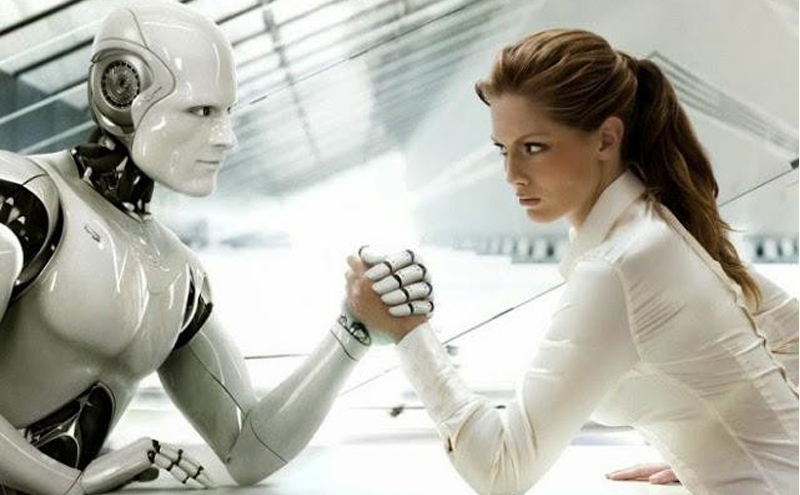There is a great deal of concern associated with artificial intelligence taking over jobs that are currently performed by humans. It’s a valid concern and one should take a deeper look at the type of a job that could eventually be performed by a robot or some sort of AI agent.
We should also look at this issue from a different perspective: humans. Which will then beg the question of “Whose job will be transferred to an AI agent?”
What I mean to find out is, who is at risk of losing their job to an AI Agent? Whose job will be eliminated and what can be done about it? In this context, we discuss AI Agent in a broad sense: robots, computers, algorithms, and any other AI product.
I think the following is the first group of “at risk” folks, and the first wave of jobs that will be transferred: Everyone who has stopped thinking at work and are fully relying on computers to tell them what to do.
For example, An Uber driver who only pays attention to the route that is provided by their route guidance app and doesn’t survey the surroundings for potentially better route; A retail cashier who will only do what the computer tells her to do and wouldn’t make better recommendations because the computer didn’t say so; A customer service attendant who’s bound by what’s available in the computer and has forgotten the human touch necessary in the customer service industry. In each case, the human only operates within the bounds established by the computer – and performs his or her job without any initiative or innovation.
Let me simplify my point: The first waves of transfers would happen to folks who have fully given to computers and don’t use any imagination, initiative, or innovation to solve daily work problems.
The one thing that AI agents haven’t mastered yet is imagination, initiative, innovation, and service with a smile.
So, if the above premise is correct, we’ve now identified a way for people who are either in the workforce today or will be in the workforce in the near future: make sure to use your brains on the job to solve problems. As of now, we can teach computers a lot of things, but we still can’t teach them initiative, innovation, and the human touch.
If you are still going to school and thinking of what you should study and what work function you should perform, then choose a career that forces you to use your brain, to imagine, and to innovate! That’s the competitive advantage that will keep you on a job in the future.
Majid Abai – July 2017 – Los Angeles
====================================
About The Author:
Majid Abai is Managing Director of Concepts Rise (www.ConceptsRise.com), a High-Technology and Innovation Consultancy based in Los Angeles, CA, USA. With over 30 years of experience in supporting US and global organizations, Mr. Abai focuses on strategic and tactical approach to use of innovation and technology to increase revenues and reduce costs for organizations. Majid could be reached at 424-320-0524 or via email at majid.abai@ConceptsRise.com

